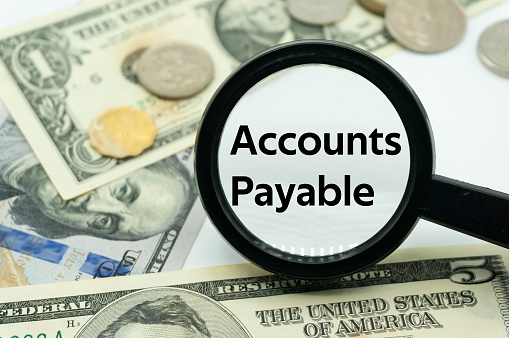
As businesses continue to embrace digital transformation, there is an increasing demand for cloud-based solutions to streamline and automate various processes. One area that has seen significant growth in cloud adoption is accounts payable (AP) automation. However, with the increasing use of cloud-based technologies comes a growing concern for security and compliance. In this article, we will discuss the security and compliance benefits of cloud AP automation.
Secure data storage and transmission
One of the primary concerns for businesses considering cloud AP automation is the security of their data. However, most cloud AP automation solutions provide secure data storage and transmission through encryption and other security measures. Cloud providers often use multi-layered security protocols to protect sensitive data, including firewalls, intrusion detection systems, and data encryption.
In addition, cloud AP automation solutions can offer more secure data storage and transmission than traditional manual processes. With manual processes, sensitive information is often stored on paper or in unsecured digital files, making it vulnerable to theft or misuse. In contrast, cloud-based solutions encrypt data at rest and in transit, providing an extra layer of protection.
Compliance with industry regulations
Another benefit of cloud AP automation is that it can help businesses comply with industry regulations. Many industries have strict regulations regarding the handling of financial data, such as the Payment Card Industry Data Security Standard (PCI DSS) or the Health Insurance Portability and Accountability Act (HIPAA). Cloud AP automation solutions can help businesses ensure compliance with these regulations by providing secure data storage and transmission, access controls, and audit trails.
In addition, many cloud providers offer compliance certifications and audits, such as the SOC 2 or ISO 27001, which can provide additional assurance that the solution is secure and compliant with industry regulations.
Access controls and audit trails
Cloud AP automation solutions can also offer improved access controls and audit trails, which are important for maintaining security and compliance. With manual AP processes, it can be difficult to track who has access to sensitive data and how that data is being used. In contrast, cloud-based solutions often provide granular access controls, allowing businesses to restrict access to sensitive data to only those who need it.
In addition, cloud-based solutions can provide detailed audit trails that track all activity related to AP processes. This can help businesses identify potential security threats or compliance issues, such as unauthorized access or fraudulent activity.
Disaster recovery and business continuity
Another benefit of cloud AP automation is that it can improve disaster recovery and business continuity. With manual AP processes, businesses may face significant downtime in the event of a disaster, such as a natural disaster or a cyberattack. However, with cloud-based solutions, businesses can quickly recover from disasters and maintain business continuity.
Cloud providers often offer robust disaster recovery plans, such as data backup and replication, to ensure that businesses can quickly recover from an outage. In addition, cloud-based solutions can provide greater flexibility and scalability, allowing businesses to easily adapt to changing business needs.
Conclusion
In conclusion, cloud AP automation offers many security and compliance benefits for businesses. With secure data storage and transmission, compliance with industry regulations, improved access controls and audit trails, and disaster recovery and business continuity, cloud-based solutions can help businesses maintain the security and compliance of their financial data. As such, more and more businesses are turning to cloud AP automation as a way to streamline their AP processes while maintaining the highest levels of security and compliance.





